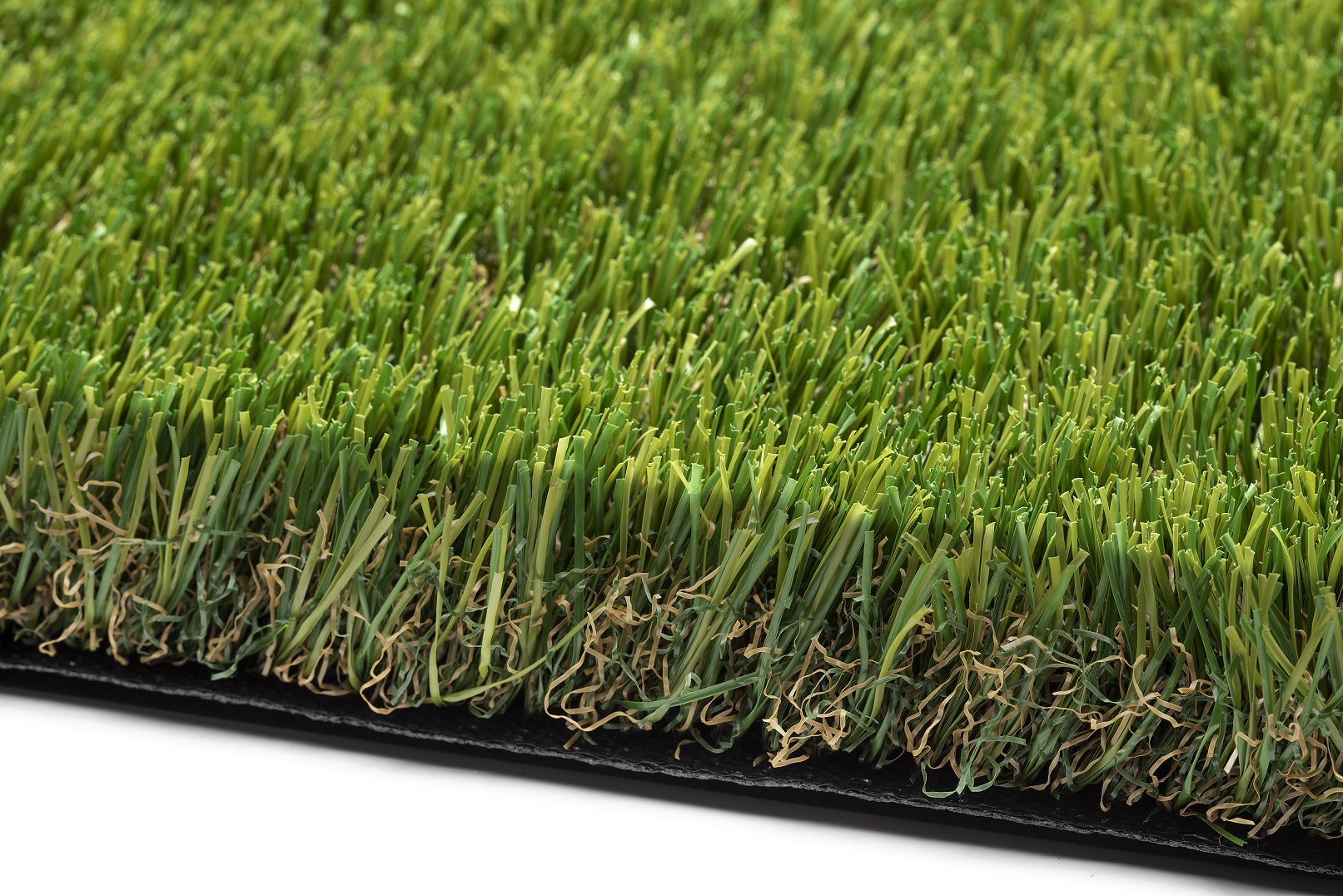Guinea pigs, also known as cavies, come in a variety of breeds and types, each with its own unique characteristics and appearances. From the popular American and Peruvian breeds to the captivating hairless guinea pigs, there is a wide array of options for guinea pig enthusiasts. In this article, we will delve into the fascinating world of guinea pig breeds and types, with a special focus on hairless guinea pigs. By exploring their distinct features and understanding their care requirements, you can appreciate the diversity and beauty of these charming creatures.
Common Guinea Pig Breeds
American: The American guinea pig is one of the most common and widely recognized breeds. It has a short, smooth coat and a round body shape. Americans have a gentle and friendly temperament, making them ideal companions for families.
Abyssinian: Abyssinians are known for their unique coat, characterized by swirls and rosettes. Their hair is short and coarse, giving them a distinct and textured appearance. Abyssinians are lively and playful, making them popular among guinea pig enthusiasts.
Peruvian: Peruvian guinea pigs are famous for their long, flowing hair. Their coat can grow up to 20 inches (51 cm) in length, requiring regular grooming and maintenance. Peruvians are known for their elegance and grace, but their coat demands extra care.
Teddy: Teddy guinea pigs have a dense and wiry coat, resembling that of a teddy bear. Their hair stands up in all directions, giving them a fluffy and adorable appearance. Teddies are known for their outgoing personalities and make great pets for those seeking a lively and interactive companion.
Silkie: Silkie guinea pigs have a soft and silky coat that flows smoothly. Their hair is longer than that of the American breed but shorter than the Peruvian. Silkies have a calm and gentle nature, making them delightful pets for children and adults alike.
Hairless Guinea Pigs
Hairless guinea pig, also known as skinny pigs, are a unique and captivating breed. Unlike other guinea pigs, they lack fur, and their skin is exposed. Here are some fascinating facts about hairless guinea pigs:
Coat: Hairless guinea pigs have little to no hair on their bodies, except for small patches on their muzzles, feet, and sometimes their shoulders. Their skin is often wrinkled, and they may have sparse and coarse hair on their heads.
Care Requirements: Due to their lack of fur, hairless guinea pigs require extra care to protect their sensitive skin. They are more susceptible to temperature changes and can easily get sunburned, so it’s important to provide them with appropriate shelter and avoid direct sunlight. Regular skin moisturization is also recommended to prevent dryness and irritation.
Temperament: Hairless guinea pigs generally have friendly and social personalities. They enjoy human companionship and interaction and can form strong bonds with their owners. However, it’s important to note that their personalities can vary just like any other guinea pig breed.
Considerations: Hairless guinea pigs require a slightly different environment compared to their furry counterparts. They may need additional bedding or clothing to keep them warm, and their skin should be monitored for any signs of irritation or infection.
Conclusion
Guinea pigs come in a diverse range of breeds and types, each with its own distinct characteristics and charm. From the popular American, Abyssinian, Peruvian, Teddy, and Silkie breeds to the unique hairless guinea pigs, there is a breed to suit every guinea pig lover’s preferences. Whether you’re captivated by the elegance of the Peruvian’s long coat, charmed by the playful nature of the Teddy, or intrigued by the unique appearance of hairless guinea pigs, each breed brings its own joy and companionship. By understanding the different breeds and their specific care requirements, you can provide the best possible care and create a loving and enriching environment for your guinea pig companion.










